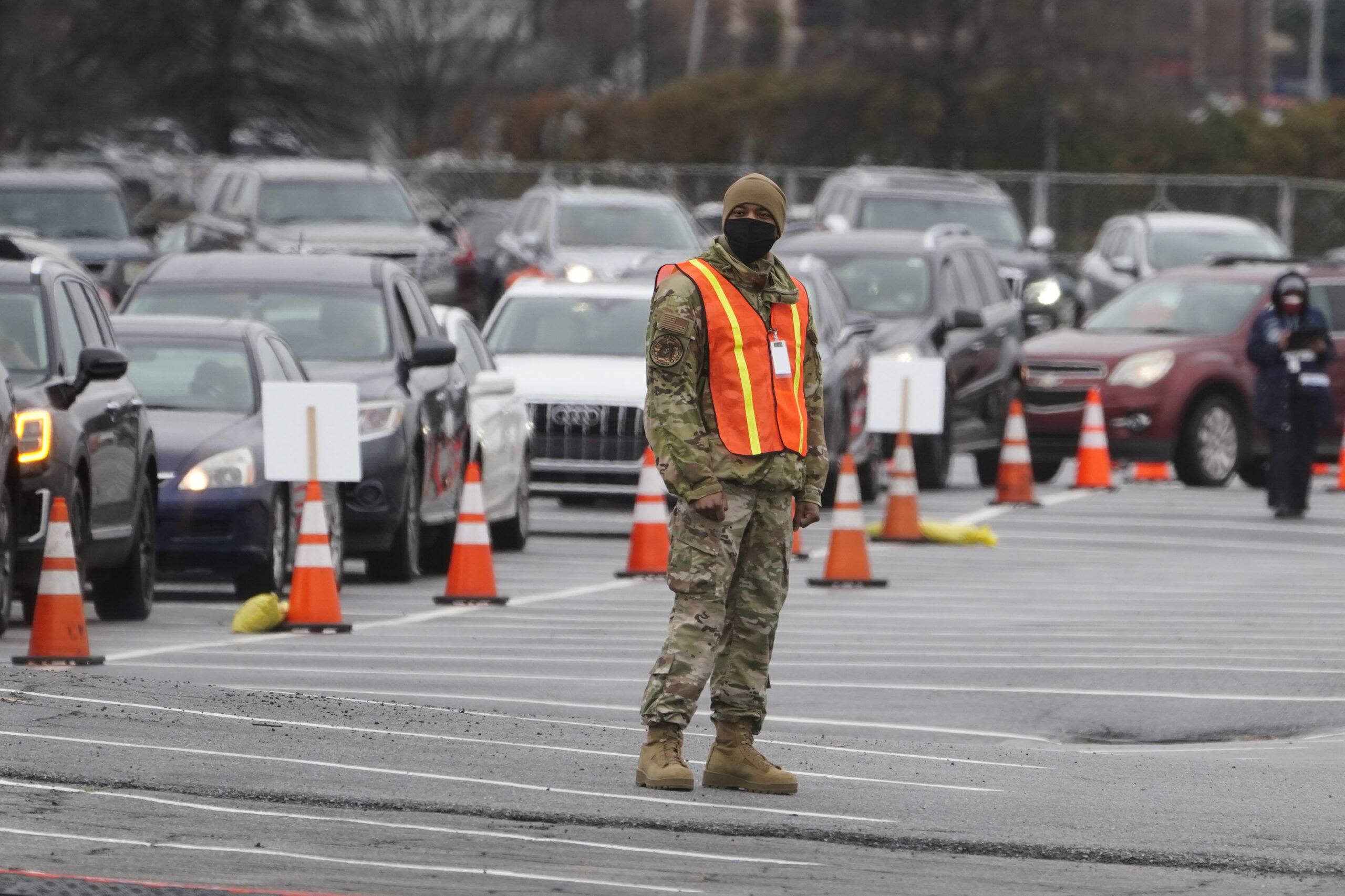Georgia’s failure to open mass vaccination sites earlier and relatively slow expansion of eligibility for the shots are to blame in part for the state’s dismal COVID-19 inoculation rate, health experts say.
Georgia ranks last among states in the percentage of its adult population that has received at least one dose, according to the U.S. Centers for Disease Control and Prevention. Roughly a third of the doses delivered to the state are still awaiting injection.
For weeks after the vaccine became available, Georgia officials blamed limited supply in part for the state’s numbers. But lack of supply has not been the problem for some time now, as evidenced by the amount of vaccine sitting unused in the state, said Sara McCool, a professor in public health at Georgia State University.
McCool said Georgia was slow to open mass vaccination sites, particularly in the Atlanta area, where much of the state’s population resides. In addition to getting the vaccine in more arms, the centralized site could have eased confusion about where to get inoculated, which also hampered the state’s rollout, she said.
Gov. Brian Kemp announced last month that Georgia was opening its first four mass vaccination sites on Feb. 22, including one near Atlanta’s Hartsfield-Jackson International Airport. McCool pointed out that Arizona had two mass vaccination sites in the Phoenix area weeks earlier, including an arena that opened on Jan. 11.
“I’m surprised that this was not thought out to open earlier,” she said.
Georgia has also expanded access to the vaccine more slowly than many other states, said Pinar Keskinocak, a professor at the Georgia Institute of Technology who heads the school’s Center for Health and Humanitarian Systems.
Before Monday, Georgia was offering vaccinations to people 65 and older, preschool and K-12 education employees, medical workers, emergency workers, residents and employees of long-term care facilities, intellectually disabled adults and parents of children with certain complicated medical conditions.
Monday was the first day that people aged 55 to 64 could get shots in Georgia, as well as people with serious health conditions and those who are overweight and obese.
Officials with Kemp’s office say that another 3.3 million people became eligible Monday, meaning more than 5 million Georgians overall can now seek vaccination. Georgia has about 8.4 million residents 16 and older.
Limiting the vaccine rollout can help ensure the most vulnerable residents get the vaccine, but it also runs the risk of “delaying the protection for the entire community because the vaccine is sitting there and not moving,” Keskinocak said.
The Kemp administration said Monday that mass vaccination sites in metro Atlanta and Clarkesville are fully booked this week and urged Atlanta-area residents to consider driving south. But health experts said that’s not the right way to increase inoculation.
Many poor residents will not be able to travel long distances, and the environmental costs would be high, they said. The state should instead understand where vaccine is not being used and try to address those issues or move it elsewhere if that area is already saturated, Keskinocak said.
“If you truly want to protect the state, everyone counts,” said Eva Lee, director of Georgia Tech’s Center for Operations Research in Medicine and Healthcare.









